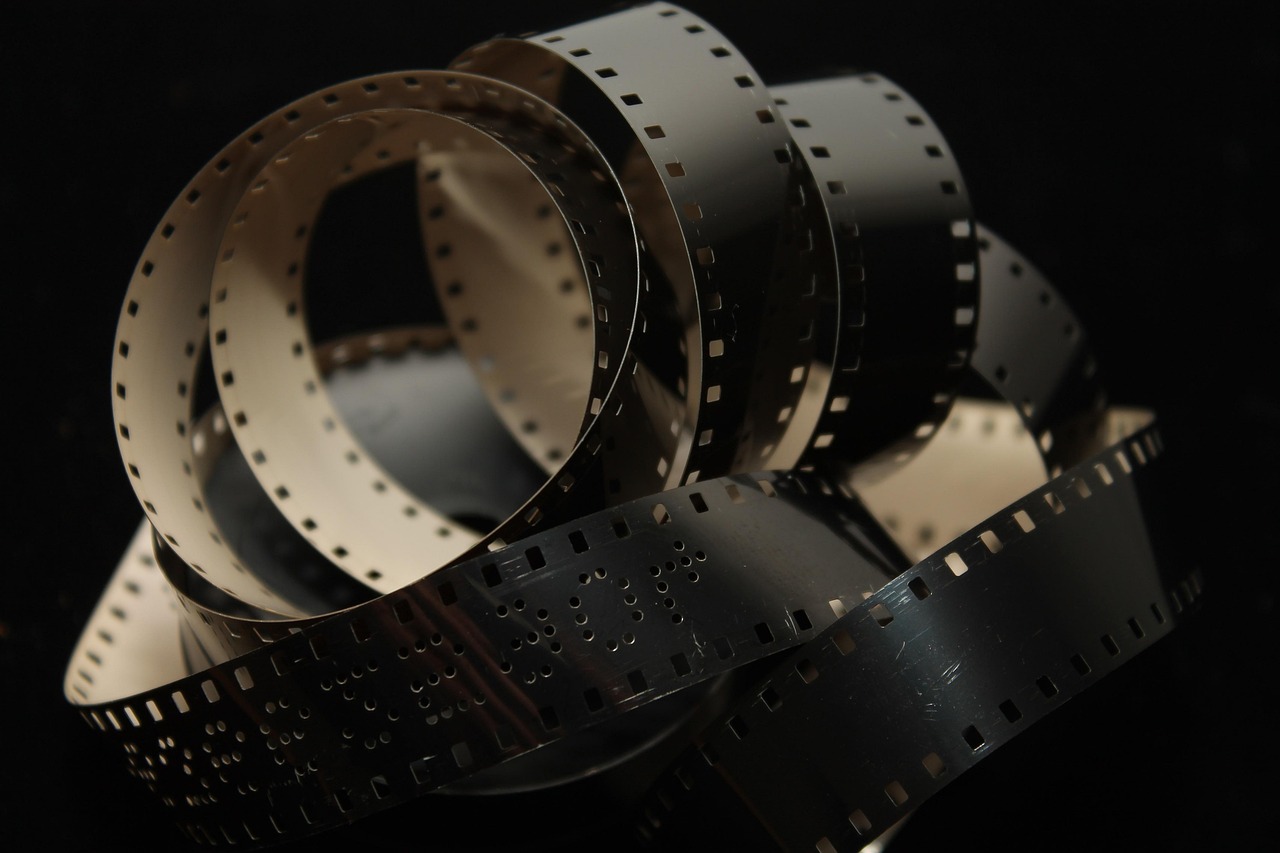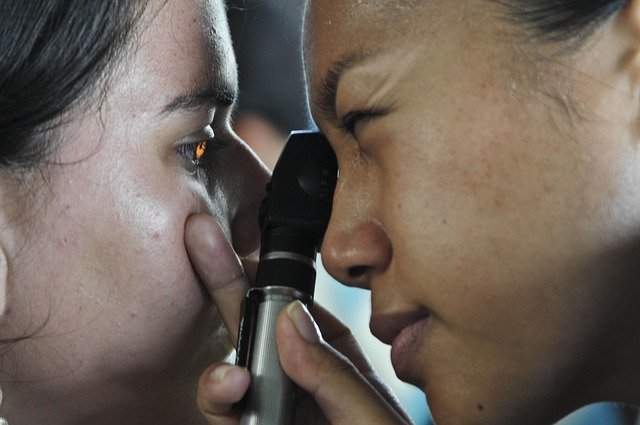Unveiling the Allure of Neo-Narrative Cinema: A New Wave in Filmmaking
The world of cinema is on the cusp of an exciting transformation, with the rise of neo-narrative filmmaking. This emerging trend is redefining cinematic storytelling, offering fresh and innovative ways of presenting narratives. Decades of film history have led us to this point, and this article will delve into the background of this artistic movement, its current significance, and its potential impact on the future of film.

A Glimpse into the Past
The roots of neo-narrative cinema can be traced back to the avant-garde film movements of the early 20th century. These pioneering filmmakers sought to break away from traditional narrative conventions, experimenting with form and content to create a new cinematic language. They were driven by a desire to challenge audiences, to make them active participants in the narrative process.
The Birth of Neo-Narrative Cinema
Fast forward to the 21st century, the rise of digital technology and the democratization of filmmaking tools have given birth to a new wave of experimentation. Neo-narrative cinema, with its focus on fragmented narratives, non-linear storytelling, and unconventional plot structures, offers a fresh perspective on the cinematic experience. This movement is not confined to the indie scene or art-house circles; it is also making its way into mainstream cinema.
Contemporary Scene: New Realities, New Narratives
Today’s neo-narrative filmmakers are harnessing the power of modern technology to push the boundaries of cinematic storytelling. They are creating immersive, multi-layered narratives that engage audiences in novel ways. In doing so, they are redefining what a ‘film’ can be, blurring the lines between cinema, video games, and virtual reality.
Impact and Reception: Redefining the Cinematic Experience
The rise of neo-narrative cinema has been met with both enthusiasm and skepticism. On one hand, it offers an exciting opportunity for filmmakers to experiment with new narrative forms and techniques. On the other hand, the departure from traditional narrative structures can be disorienting for some audiences. Regardless, it is undeniable that neo-narrative cinema is reshaping our understanding of what a cinematic experience can be.
Looking Ahead: The Future of Neo-Narrative Cinema
As we look to the future, it is clear that neo-narrative cinema is more than just a passing trend. It is a testament to the ever-evolving nature of artistic expression, a reminder that art is not static but constantly in flux. As filmmakers continue to explore the potential of this new narrative form, we can expect to see more innovative and groundbreaking films that challenge our preconceptions and expand our understanding of cinema.
In conclusion, neo-narrative cinema is a bold and exciting development in filmmaking. It is a movement that is breaking down the barriers of traditional storytelling, offering fresh and innovative ways of engaging audiences. As we look to the future, it is clear that this new wave of cinematic expression has the potential to redefine the very nature of film itself.




